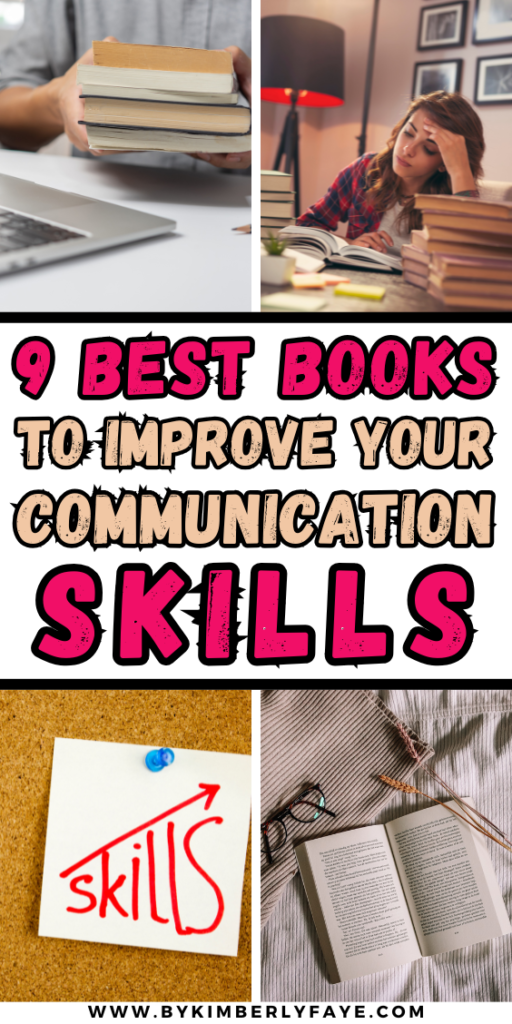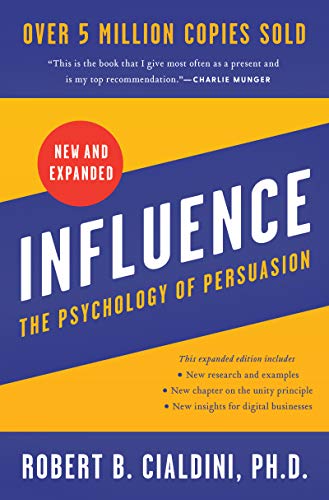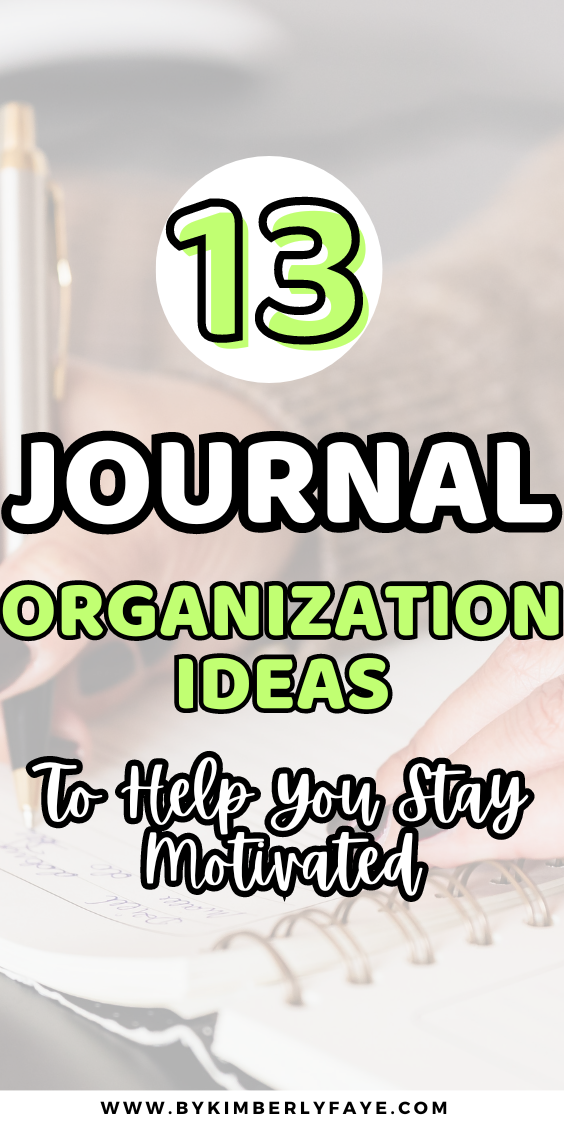9 Best Books To Improve Your Communication Skills
This site contains affiliate links. I may earn a small commission, at no extra cost to you.
Communication is a vital aspect of human interaction, and effective communication skills are essential in both personal and professional settings. However, not everyone is born with excellent communication skills, and some people may struggle to express themselves clearly and confidently. Fortunately, books can be a valuable resource for improving communication skills, offering practical tips, techniques, and insights that can help readers communicate more effectively. We have put together 9 best books to improve your communication skills.
In this article, we will explore nine of the best books to improve communication skills. These books cover a wide range of topics, from public speaking to active listening, and are written by experts in the field of communication. Whether you are looking to improve your communication skills for personal or professional reasons, these books can help you become a more confident and effective communicator. So, without further ado, let’s dive into the world of communication and explore the best books to help you improve your skills.

Understanding Communication Fundamentals
Effective communication is crucial in every aspect of life, be it personal or professional. However, it is a skill that requires constant practice, learning, and improvement. Understanding the fundamentals of communication is the first step towards becoming a better communicator. In this section, we will discuss two critical aspects of communication – active listening and verbal vs. non-verbal communication.
The Role of Active Listening
Active listening is a vital component of effective communication. It involves paying close attention to what the speaker is saying, understanding their message, and responding appropriately. Active listening helps build trust, respect, and understanding between the speaker and the listener.
One of the best books that can help improve active listening skills is “Crucial Conversations: Tools for Talking When Stakes Are High” by Kerry Patterson, Joseph Grenny, Ron McMillan, and Al Switzler. The book provides practical tips on how to listen actively, stay focused, and respond effectively in high-stress situations.
Recommended Reading List
Improving communication skills is a continuous process that requires constant practice and learning. Reading books on communication can help individuals develop better communication skills and become more effective communicators. Here are nine of the best books on communication skills that are highly recommended by experts:
“Crucial Conversations: Tools for Talking When Stakes Are High” by Kerry Patterson, Joseph Grenny, Ron McMillan, and Al Switzler. This book provides practical tools for handling difficult conversations and improving communication in high-stress situations.

“How to Win Friends and Influence People” by Dale Carnegie. This classic book teaches readers how to build strong relationships, communicate effectively, and influence others positively.

“Nonviolent Communication: A Language of Life” by Marshall B. Rosenberg. This book provides a framework for communicating with empathy, honesty, and respect, and resolving conflicts peacefully.

“The 7 Habits of Highly Effective People: Powerful Lessons in Personal Change” by Stephen R. Covey. This book provides a holistic approach to personal and professional development, including communication skills.

“Difficult Conversations: How to Discuss What Matters Most” by Douglas Stone, Bruce Patton, and Sheila Heen. This book teaches readers how to navigate difficult conversations and resolve conflicts effectively.

“The Art of Communicating” by Thich Nhat Hanh. This book provides practical guidance on how to communicate mindfully, listen deeply, and connect with others on a deeper level.

“Influence: The Psychology of Persuasion” by Robert B. Cialdini. This book explores the science of persuasion and provides practical tips for influencing others effectively.

“Everyone Communicates, Few Connect: What the Most Effective People Do Differently” by John C. Maxwell. This book provides insights into how to connect with others on a deeper level and become a more effective communicator.

“Verbal Judo: The Gentle Art of Persuasion” by George J. Thompson. This book teaches readers how to use words effectively to defuse conflicts, build rapport, and influence others positively.

Reading these books can help individuals improve their communication skills and become more effective communicators in both personal and professional settings.
Developing Interpersonal Skills
Interpersonal skills are essential in building relationships and communicating effectively. Developing these skills can help individuals build better connections with others, improve teamwork, and resolve conflicts efficiently. Here are two key areas to focus on when developing interpersonal skills.
Empathy and Emotional Intelligence
Empathy is the ability to understand and share the feelings of others. Emotional intelligence is the ability to recognize, understand, and manage one’s emotions and the emotions of others. Both empathy and emotional intelligence are crucial in developing strong interpersonal skills.
One effective way to improve empathy and emotional intelligence is to practice active listening. This involves paying attention to what others are saying, asking questions, and providing feedback. Another way is to practice putting oneself in another person’s shoes and imagining how they might feel in a particular situation.
Conflict Resolution Techniques
Conflict is inevitable in any relationship, but effective conflict resolution techniques can help resolve issues and strengthen interpersonal connections. One technique is to approach conflicts with a problem-solving mindset and to focus on finding a mutually beneficial solution.
Another technique is to practice assertiveness, which involves expressing one’s needs and opinions while also respecting the needs and opinions of others. Active listening and empathizing with the other person’s perspective can also be helpful in resolving conflicts.
By focusing on developing empathy, emotional intelligence, and conflict resolution techniques, individuals can improve their interpersonal skills and build stronger relationships.
Crafting Persuasive Presentations
Crafting a persuasive presentation requires careful planning and execution. Here are some tips for creating a persuasive presentation:
- Know the audience: Understanding the audience’s interests and needs can help tailor the presentation to their specific interests.
- Structure the presentation: A well-structured presentation with a clear introduction, body, and conclusion can help keep the audience engaged.
- Use visual aids: Visual aids such as charts, graphs, and images can help illustrate key points and keep the audience engaged.
- Use persuasive language: Using persuasive language such as powerful adjectives and action verbs can help convey the message effectively.
By mastering public speaking and overcoming speech anxiety, anyone can become an effective communicator and deliver persuasive presentations.





